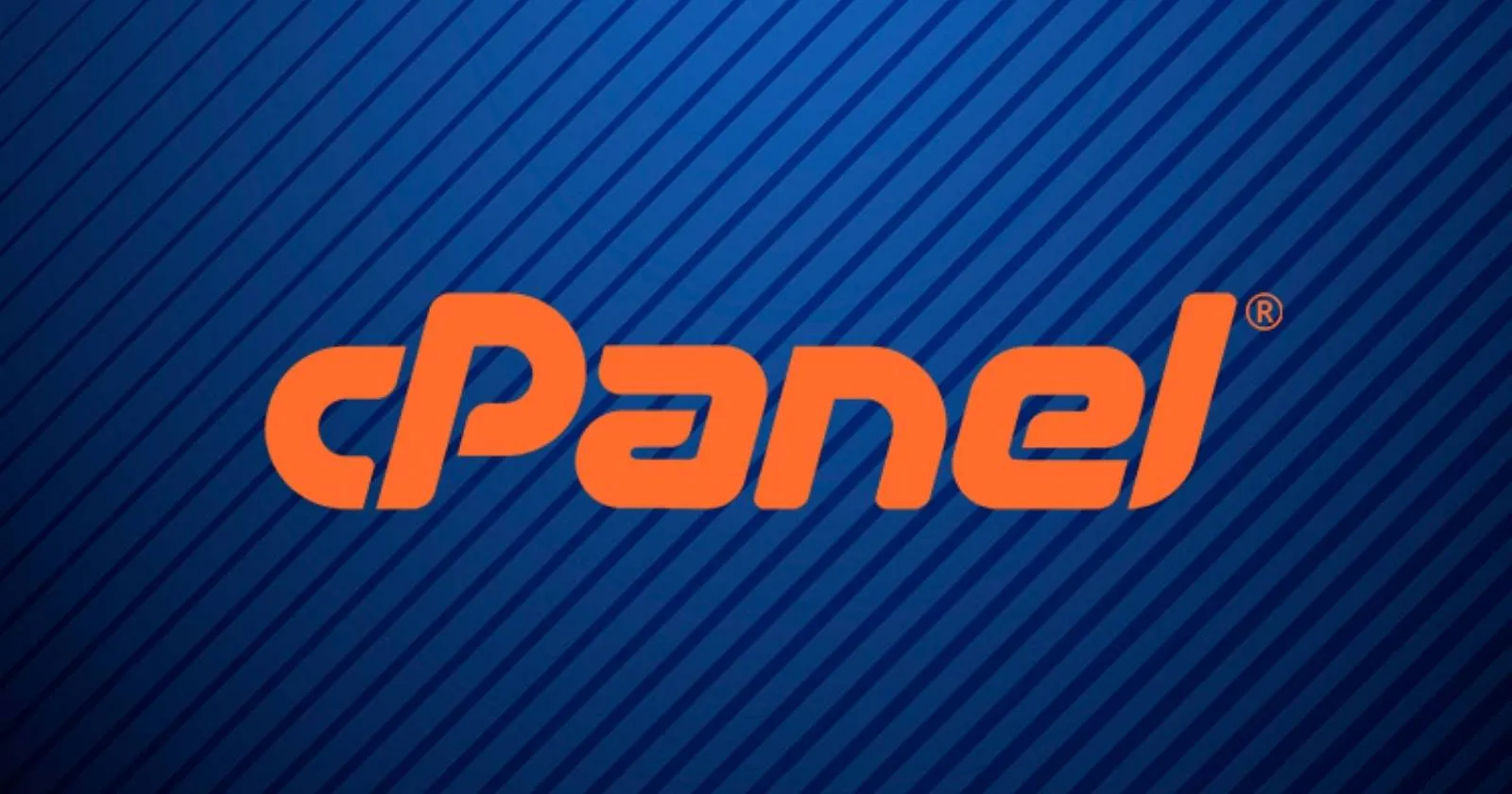cPanel Hosting Explained: The Industry Standard Control Panel
cPanel is a Linux-based web hosting control panel that provides a graphical interface (GUI) and automation tools designed to simplify the process of hosting a website. First released in 1996, it has become the de facto standard for many shared, reseller, VPS, and dedicated hosting providers. Its long history, extensive feature set, and relatively intuitive interface contribute to its widespread popularity among both beginners and experienced users. When you sign up for cPanel hosting, you gain access to this powerful dashboard to manage your website files, databases, email accounts, domains, security settings, and much more, without needing command-line expertise.
Read also : How to Find the Best Hosting Provider for Your Website
Table of Contents
Key Features and Benefits of cPanel Hosting
The success of cPanel stems from its comprehensive suite of tools catering to various website management needs. Here’s a breakdown of its core functionalities:
- File Management: Easy-to-use File Manager for uploading, editing, and organizing website files. Includes tools for backups and FTP account management.
- Database Management: Simplified creation and management of MySQL/MariaDB databases using phpMyAdmin.
- Domain Management: Tools for managing addon domains, subdomains, aliases (parked domains), and DNS zone editing.
- Email Management: Create and manage email accounts, forwarders, autoresponders, spam filters (like SpamAssassin), and access webmail.
- Security Features: Includes tools like IP Blocker, SSL/TLS management (including free AutoSSL), Hotlink Protection, and ModSecurity integration.
- Software Installation: Often includes one-click installers like Softaculous or Fantastico De Luxe for easy installation of CMSs (WordPress, Joomla, etc.), forums, and other web applications.
- Metrics and Logs: Access to website statistics (AWStats, Webalizer), bandwidth usage, error logs, and raw access logs.
cPanel vs. Alternatives (Plesk, DirectAdmin, hPanel)
While cPanel dominates the market, several alternatives offer different strengths:
- Plesk: The main competitor, known for its clean interface and native Windows Server support alongside Linux. Often considered slightly more modern in its UI/UX.
- DirectAdmin: A lightweight and faster alternative, popular for its simplicity and lower resource consumption, often resulting in more affordable hosting plans. Linux-only.
- hPanel (Hostinger): A proprietary panel developed by Hostinger, designed for ease of use and optimized for their specific hosting environment. Offers a different user experience compared to traditional panels.
The best choice depends on individual needs. cPanel remains strong due to its familiarity and feature depth, Plesk excels in Windows environments and UI preference, DirectAdmin appeals for speed and cost-effectiveness, and hPanel is specific to Hostinger’s ecosystem.
Read also : Dedicated Server Explained
Understanding WHM in the Context of cPanel Hosting
It’s important to differentiate cPanel from WHM (WebHost Manager). While cPanel is the end-user dashboard for managing a single hosting account, WHM is the administrative panel used to manage the server and multiple cPanel accounts. If you have a Reseller, VPS, or Dedicated server plan, you’ll likely use WHM to create and manage cPanel accounts for yourself or your clients. Shared hosting users typically only interact with cPanel.
Ready for a Modern Hosting Experience with hPanel?
Explore Hostinger’s affordable and user-friendly hosting plans, all managed through the powerful and intuitive hPanel. Get started easily with WebDest’s guidance.
Conclusion
cPanel hosting provides a robust, feature-rich, and user-friendly environment for managing websites. Its widespread adoption means ample support and familiarity across the industry. While alternatives exist, cPanel remains a top choice for many website owners due to its proven track record and comprehensive capabilities, simplifying complex server management tasks into a manageable graphical interface.
Read also : Namecheap Hosting Review

FAQ Section
Q1: What exactly is cPanel hosting?
A1: cPanel hosting refers to web hosting plans that utilize the cPanel control panel software. This popular Linux-based panel provides a graphical interface for users to easily manage their website files, databases, domains, email accounts, security settings, and install applications without needing command-line knowledge.
Q2: Is cPanel hosting suitable for beginners?
A2: Yes, cPanel hosting is generally considered very beginner-friendly. Its intuitive design, clear categorization of features, and extensive online documentation and community support make it one of the easiest control panels for newcomers to learn and use effectively for managing their websites.
Q3: Do I need WHM if I get cPanel hosting?
A3: Typically, no. If you purchase standard shared cPanel hosting, you only get access to the cPanel dashboard to manage your specific website. WHM (WebHost Manager) is the higher-level administrative panel used for managing the entire server and multiple cPanel accounts, usually included with Reseller, VPS, or Dedicated server plans.





